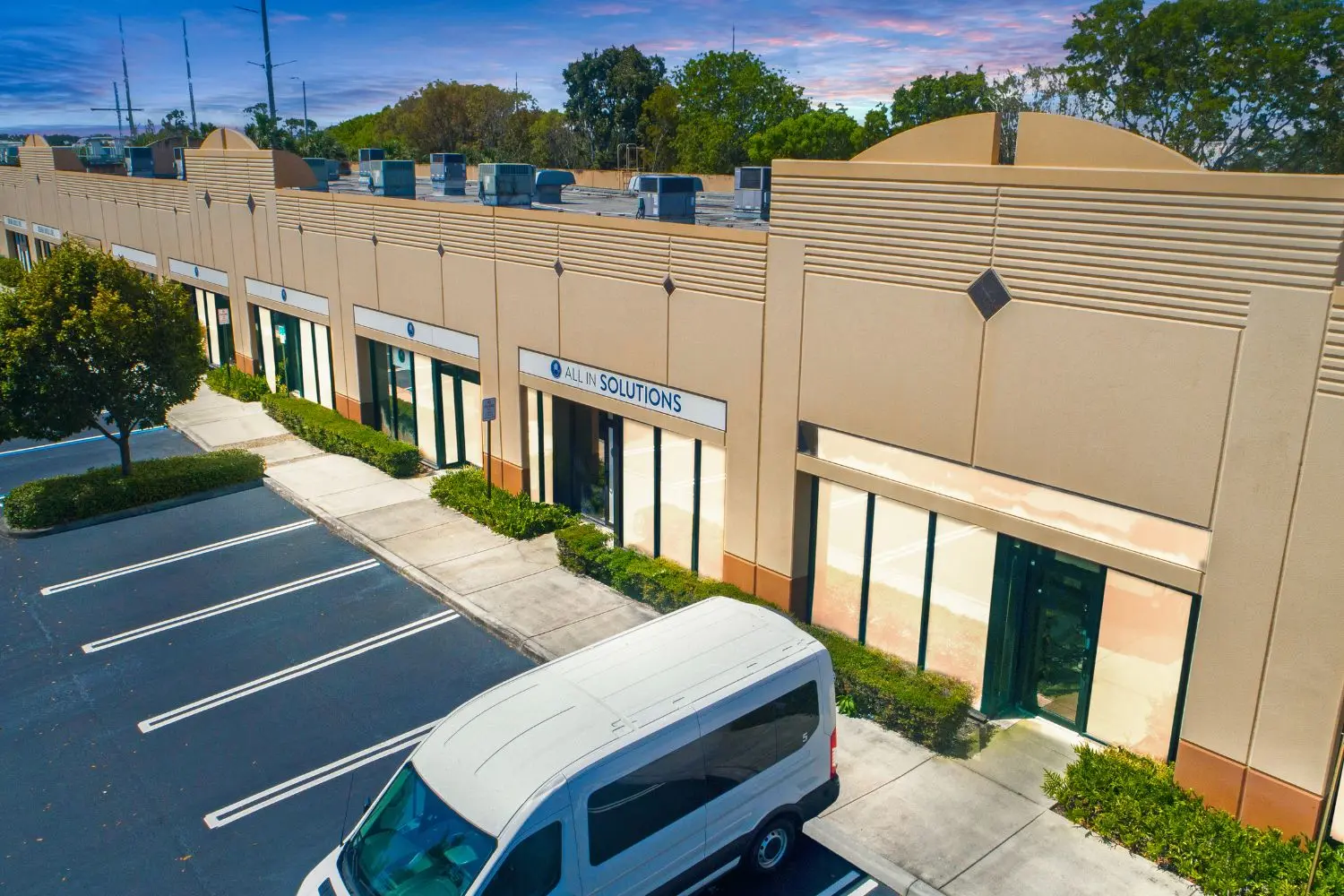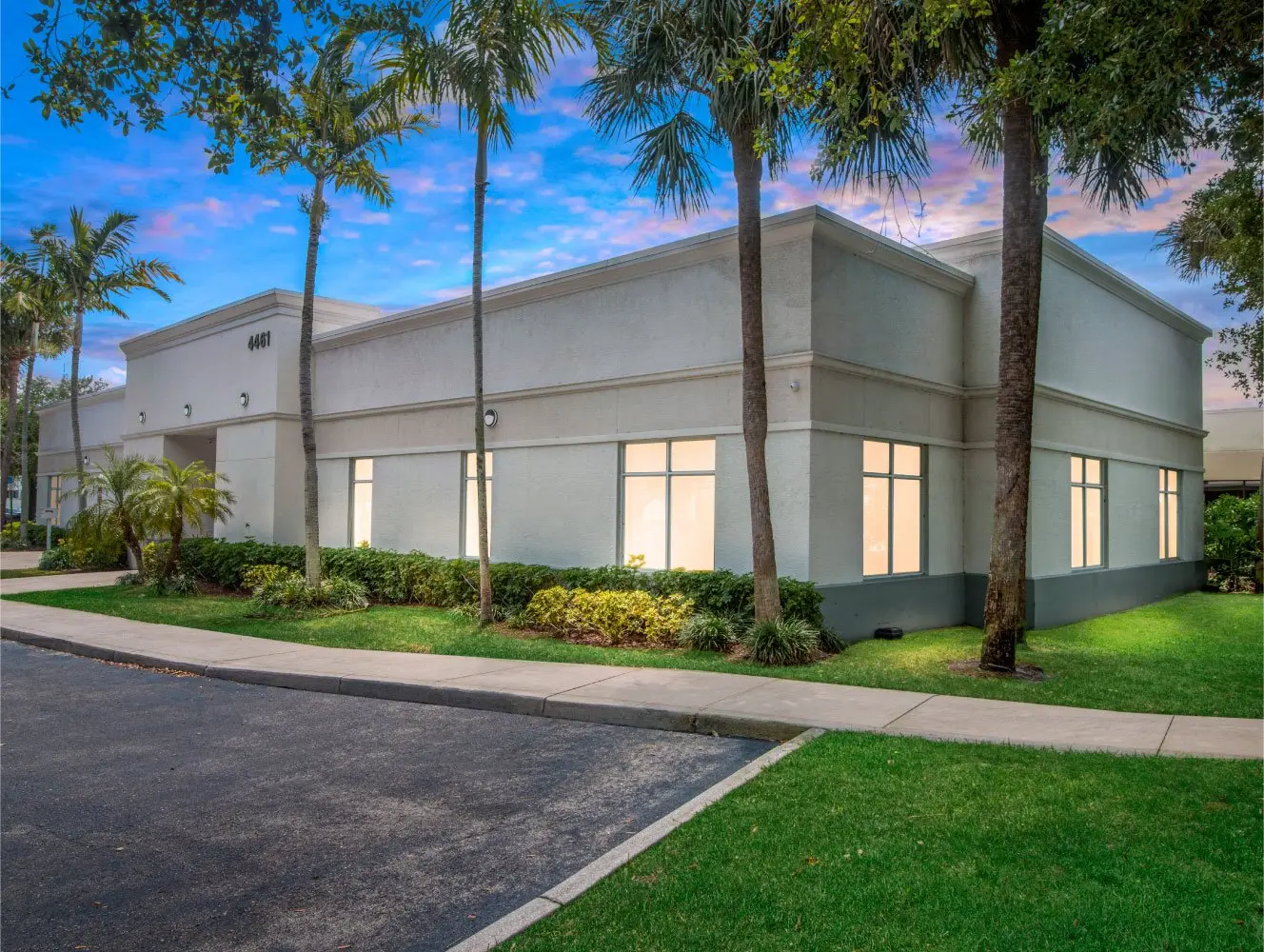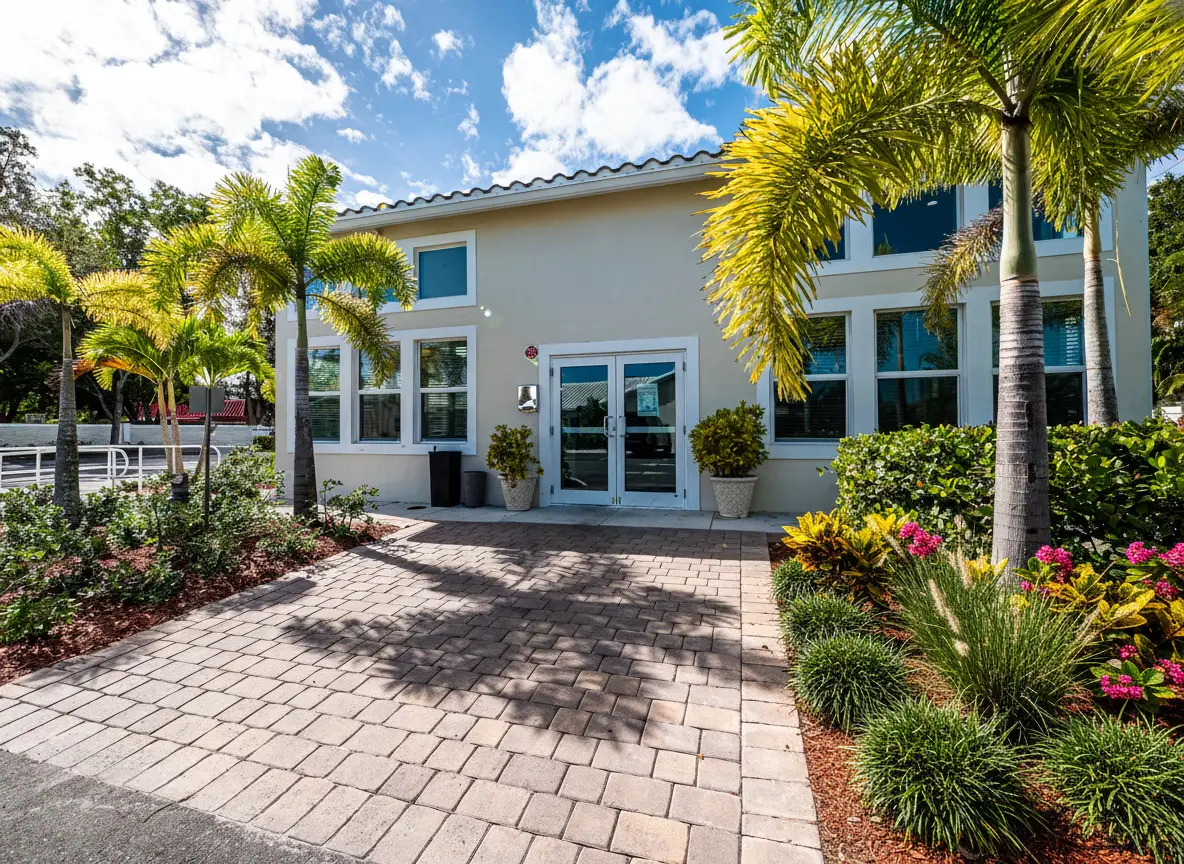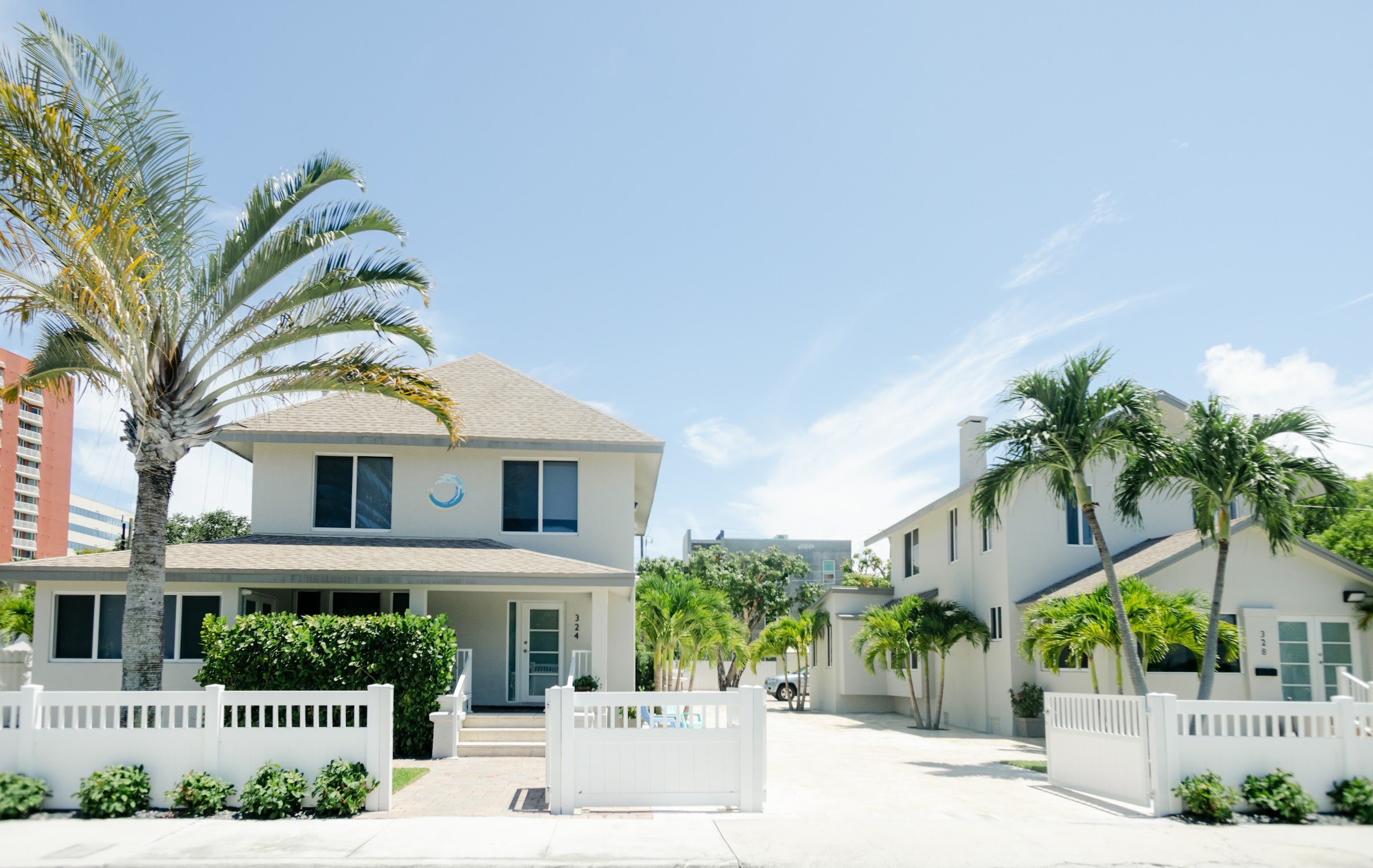Ambrosia really helped me work on myself and learn about staying clean and how to. I enjoyed my time here and found the staff to be helpful. The housing was very nice and I had no problems with it. I have rediscovered myself through this process. I would definitely recommend ...
About Midwest Detox at Ambrosia
The detox program provides a safe, comfortable setting for guests. The staff includes nurses and therapists who ensure safety and comfort during the detox process. They’ll manage medications and provide food and hydration. Medication assisted treatment (MAT) is available to lessen withdrawal symptoms and reduce drug cravings.
Individual therapy sessions offer one on one time with a skilled professional experienced in addiction treatment. You can uncover the root causes of your addiction issues and work on healthy coping skills, recognizing substance use triggers and learning relapse prevention methods.
They include gender specific group sessions with others in recovery who can empathize with the challenges you face. Members can offer valuable feedback regarding recovery and provide a support network that encourages your progress throughout the program.
You’ll attend 12 Step meetings which help you accept accountability and responsibility for your actions and recovery. They include other people who share the goal of long term sobriety and provide a community to reduce the feelings of isolation that often come with addiction.
Peer support is available to guide you through the program and offer mentorship for someone who has similar experiences and struggles with substance use. These interactions help with socialization and recovery support.
Holistic therapy approaches address the spiritual, physical, and emotional aspects of healing. This service may include meditation groups, yoga, acupuncture, massage, chiropractic care and nutritional therapy.
Aftercare is available to help with ongoing recovery support. These services may include continued counseling, support groups and referrals to community resources.
Latest Reviews
Rehab Score
Gallery
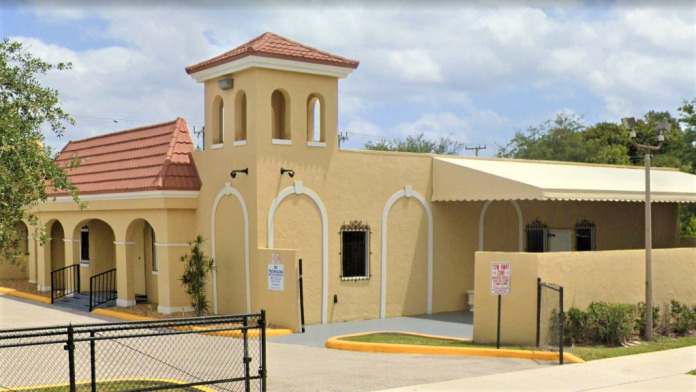
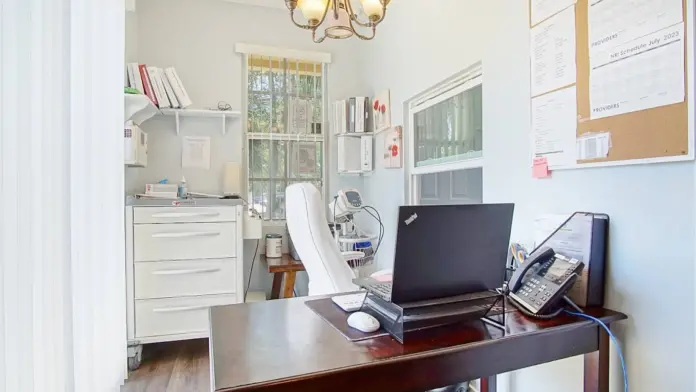
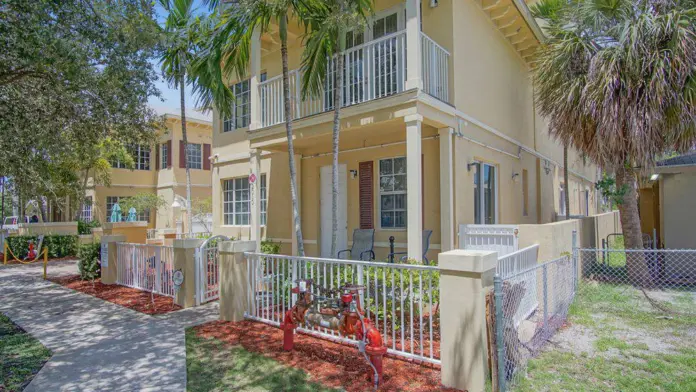
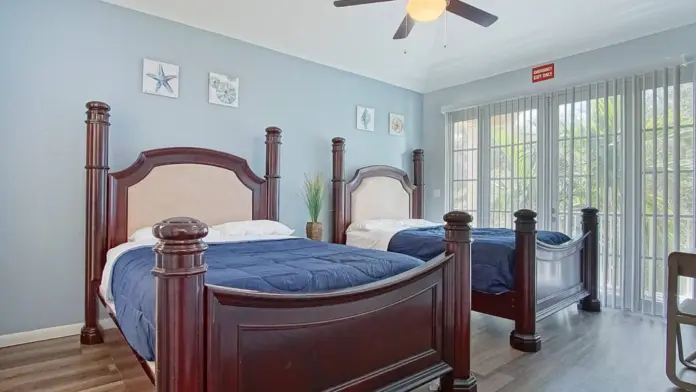
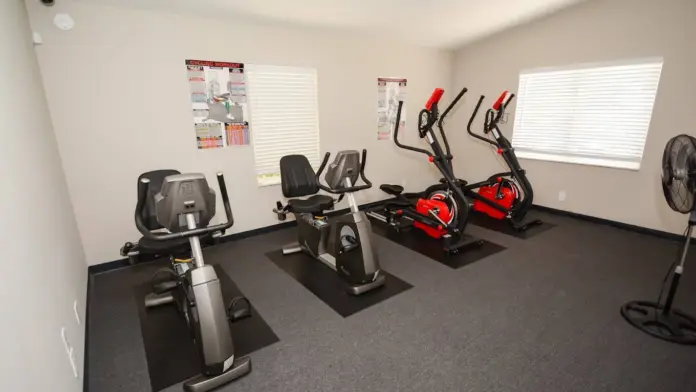
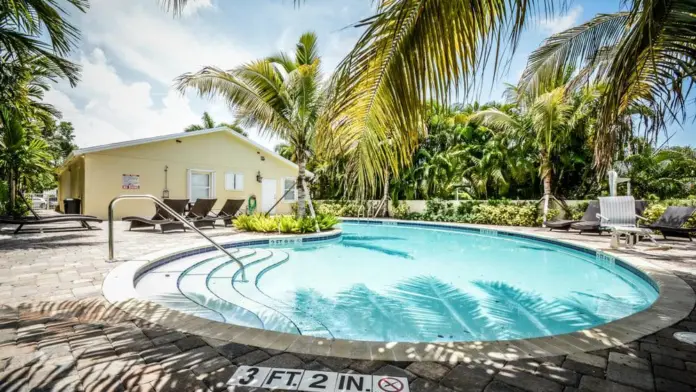
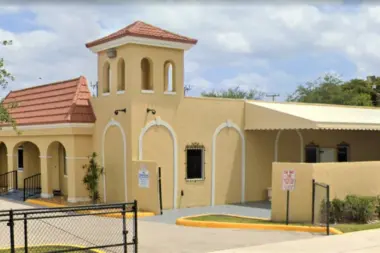
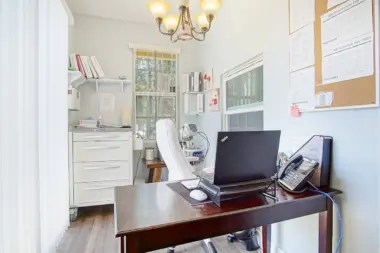
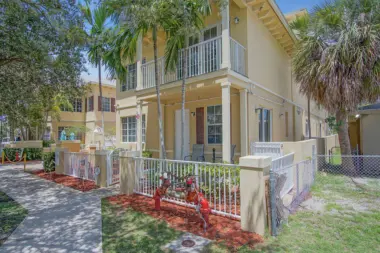

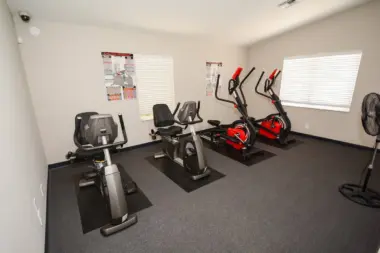
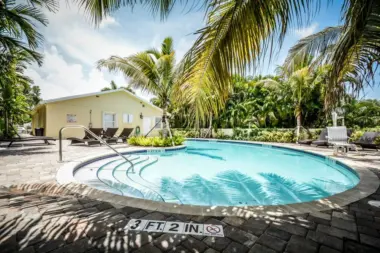
Other Forms of Payment
Private insurance refers to any kind of healthcare coverage that isn't from the state or federal government. This includes individual and family plans offered by an employer or purchased from the Insurance Marketplace. Every plan will have different requirements and out of pocket costs so be sure to get the full details before you start treatment.
Self-pay involves paying for treatment out of your own pocket. You can use savings or credit, get a personal loan, or receive help from family and friends to fund your treatment. If you don't have insurance or your insurance plan doesn't cover a specific program, self-pay can help ensure you still get the care you need.
Addiction Treatments
Levels of Care
Outpatient Programs (OP) are for those seeking mental rehab or drug rehab, but who also stay at home every night. The main difference between outpatient treatment (OP) and intensive outpatient treatment (IOP) lies in the amount of hours the patient spends at the facility. Most of the time an outpatient program is designed for someone who has completed an inpatient stay and is looking to continue their growth in recovery. Outpatient is not meant to be the starting point, it is commonly referred to as aftercare.
Drug and alcohol addiction often takes a heavy toll on one's body. Over time, a physical dependence can develop, meaning the body physiologically needs the substance to function. Detox is the process of removing drugs and/or alcohol from the body, a process that can be lethal if mismanaged. With medical stabilization, clients feel comfortable and cared for, so they want to continue the process of recovery. Medical detox is done by licensed medical professionals who monitor vital signs and keep you safe, healthy, and as comfortable as possible as you go through detox and withdrawal.
Residential treatment programs are those that offer housing and meals in addition to substance abuse treatment. Rehab facilities that offer residential treatment allow patients to focus solely on recovery, in an environment totally separate from their lives. Some rehab centers specialize in short-term residential treatment (a few days to a week or two), while others solely provide treatment on a long-term basis (several weeks to months). Some offer both, and tailor treatment to the patient's individual requirements. Ambrosia Treatment combines industry-leading care, innovative medical advancements and proven clinical therapies, their approach treats the whole individual for lasting recovery.
Intensive Outpatient programs are for those who want or need a very structured treatment program but who also wish to live at home and continue with certain responsibilities (such as work or school). IOP substance abuse treatment programs vary in duration and intensity, and certain outpatient rehab centers will offer individualized treatment programs. Continuing IOP at one of our facilities involves a minimum 3 hours participation every day.
Completing a drug or alcohol rehab program shouldn't spell the end of substance abuse treatment. Aftercare involves making a sustainable plan for recovery, including ongoing support. This can include sober living arrangements like halfway houses, career counseling, and setting a patient up with community programs like Alcoholics Anonymous (AA) or Narcotics Anonymous (NA).
Intervention services helps family or friends of addicts stage an intervention, which is a meeting in which loved ones share their concerns and attempt to get an addict into treatment. Professional intervention specialists can help loved ones organize, gather, and communicate with an addict. They can guide intervention participants in describing the damage the addict's behavior is causing and that outside help is necessary to address the addiction. The ideal outcome of an intervention is for the addict to go to rehab and get the help they need.
A sober living home in Florida often serves as a transitional residence for individuals coming out of inpatient rehab. This helps those in recovery avoid isolation that can sometimes happen after they return home from treatment. It offers a supportive environment where they can practice skills learned in rehab. Offering a combination of structure and freedom, men's or women's sober living is a good stepping stone to independent life in recovery.
24-hour clinical care in Florida is an essential part of treatment, particularly with medical detox. Withdrawal symptoms can be severe, and supervised detox provides around the clock access to medical professionals who can adminsiter proper medications and treatment to address these symptoms and step in should an emergency occur. This intensive clinical care will help curb the withdrawal effects, minimize substance dependence, and prepare you for the next step of treatment.
Treatments
Alcohol-related problems — which result from drinking too much, too fast or too often — affects around 17 million Americans. The good news is that no matter how severe the problem may seem, quality treatment, including medications, really work.
Drug rehab in Florida provides quality treatment to help individuals overcome dependency related to a wide range of addictive substances. Programs address both the physical and mental aspects of addiction in order to help you make a full recovery.
Dual diagnosis means treating underlying mental illnesses that are part of addiction — including depression, anxiety and PTSD. Mental health issues may have lead to addiction as a form of self-medication. Though, research shows that alcohol and other drugs worsen the symptoms of mental illnesses. While Ambrosia is licensed to treat dual diagnosis, many other rehabs are not.
Every day, more than 130 people in the U.S. die after overdosing on opioids. The misuse of and addiction to opioids is a serious national crisis. The category includes prescription pain relievers (like Oxycontin, Vicodin, Percocet, Morphine or Codeine), as well as heroin and synthetic opioids such as fentanyl.
Because addiction is a chronic disease, people can't simply stop using drugs for a few days and be cured. Rehab offers 24-hour structured and intensive care, including safe housing and medical attention. Treatment includes a variety of therapeutic approaches aimed at living a drug-free lifestyle.
Programs
Recovery is most successful when clients feel accepted and validated by their peers and treatment providers. Facilities that offer LGBTQ-inclusive programming are committed to creating a safe space where everyone can grow and recover without fear of judgment or discrimination. They will have dedicated policies in place to create a safe and supportive environment that fosters free expression.
Clinical Services
Therapists who apply cognitive behavioral therapy in Florida believe patient thoughts and behaviors are closely linked. They use this treatment method to help clients change their thought patterns so they can also change behaviors and break free from substance abuse.
Dialectical Behavior Therapy (DBT) is a modified form of Cognitive Behavioral Therapy (CBT), a treatment designed to help people understand and ultimately affect the relationship between their thoughts, feelings, and behaviors. DBT is often used for individuals who struggle with self-harm behaviors, such as self-mutilation (cutting) and suicidal thoughts, urges, or attempts. It has been proven clinically effective for those who struggle with out-of-control emotions and mental health illnesses like Borderline Personality Disorder.
Group therapy is any therapeutic work that happens in a group (not one-on-one). There are a number of different group therapy modalities, including support groups, experiential therapy, psycho-education, and more. Group therapy involves treatment as well as processing interaction between group members.
In individual therapy, a patient meets one-on-one with a trained psychologist or counselor. Therapy is a pivotal part of effective substance abuse treatment, as it often covers root causes of addiction, including challenges faced by the patient in their social, family, and work/school life.
EMDR is a therapeutic modality originally developed to help process trauma. In an EMDR session, a patient is prompted to undergo eye movements that mimic those of REM sleep. This is accomplished by watching a therapist's finger move back and forth across, or following a bar of light. The goal is repetitive sets of eye movements that help the brain reprocess memory, which can significantly reduce the intensity of remembered traumatic incidents. Associated memories can heal simultaneously, leaving patients significantly calmer, more stable, and more emotionally relaxed.
Research clearly demonstrates that recovery is far more successful and sustainable when loved ones like family members participate in rehab and substance abuse treatment. Genetic factors may be at play when it comes to drug and alcohol addiction, as well as mental health issues. Family dynamics often play a critical role in addiction triggers, and if properly educated, family members can be a strong source of support when it comes to rehabilitation.
Amenities
-
Private Setting
-
Yoga Studio
-
Gym
Contact Information
222 Picadilly Street
West Palm Beach, FL 33407


